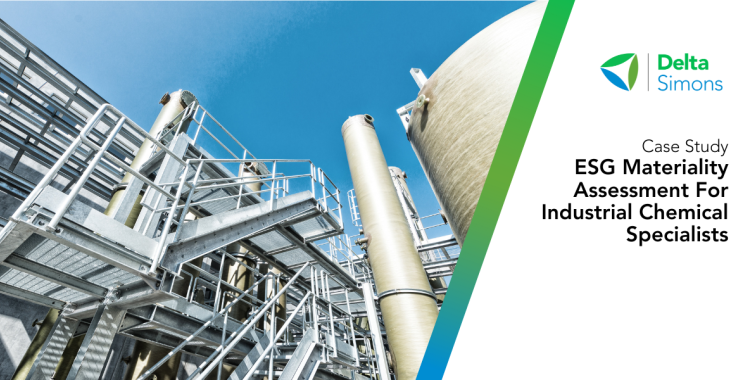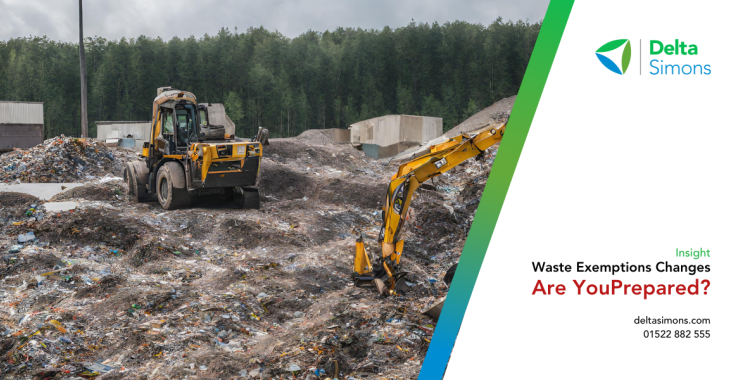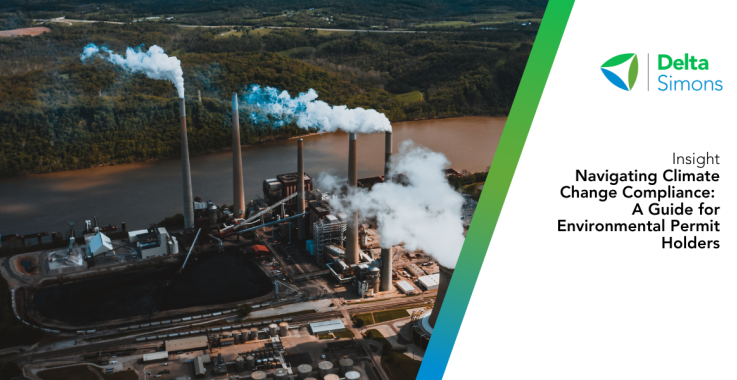Air Quality
Air Quality Consultants
Air Quality Assessment, Air Quality Scoping, Dust Assessment, Dispersion Modelling, Emission Inventories, Air Quality Monitoring, DMRB Screening Assessment, Habitats Assessment
Our team of specialist air quality experts have worked on a wide range of projects across all sectors including residential, retail, commercial, energy, transport and waste, and have a proven track record in working with developers on challenging sites, designing cost-effective mitigation solutions and strategies, providing high quality technical advice and working to enhance the prospects for successful outcomes for clients and their projects.
We encourage early engagement with design teams, engineers and planners to ensure beneficial air quality outcomes and look to integrate new technologies and monitoring techniques into our studies where they will assist our clients’ aims. The air quality team maintain a wide range of air quality dispersion modelling software, allowing us to provide detailed technical support for any project you may have. Our assessments are designed to provide best value to our clients, ranging from high level screening studies to bespoke assessments for site-specific constraints.
The air quality specialists are members of the Institution of Environmental Sciences (IEnvSc); and the Institute of Air Quality Management (IAQM).
We also work to support WELL Building certification, GRESB and BREEAM in the built environment.
Services we offer
Air Quality Assessments
Air Quality Assessments are provided in various formats and levels of detail, tailored to meet specific requirements in support of Planning Applications and Environmental Impact Assessment (EIA) purposes across the UK. These assessments evaluate both the construction and operational phases of a particular development.
The main sectors that Delta‑Simons provide Air Quality Consultancy Services in are:
- Commercial and residential: residential-led and other mixed-use developments, warehouses and distribution centres
- Energy and waste management: power generation facilities, incinerators, energy-from-waste plants, composting and waste treatment facilities
- Industrial processes: manufacturing
- Agricultural applications: AD-plant, farming processes and livestock production
Air Quality Scoping Studies
Scoping is a critical early step in the preparation of any air quality assessment. These studies describe the existing state of air quality within the assessment area, the presence of pollutants and the potential sources of emissions to atmosphere. They also identify potential direct, indirect and cumulative effects and their significance.
Air quality scoping studies evaluate the feasibility of a proposed scheme to help understand potential constraints associated with developments. Through streamlining the assessment approach and utilising resources in the most efficient way, our team provide cost-effective solutions for any air quality assessment by identifying potential significant effects at the earliest design stages of a development.
Dispersion Modelling Assessments
Dispersion models are routinely used to provide reliable estimates of pollutant concentrations over wide timescales and areas. Air dispersion modelling is a quantitative assessment method that can be adapted to demonstrate compliance for various scenarios or complex locations. These assessments are applicable for:
- Developers: looking to appraise site locations before submitting planning applications
- Commercial and industrial facilities: with point source emissions of pollutants from stacks or flues (boilers CHPs or other combustion plants).Industrial processes - with odour emission releases (from abatement stacks or biofilters)
- Plant operators: required to reassess environmental impacts following change in capacity or plant and equipment that could influence their emissions
Using ADMS-Roads, ADMS 5, AERMOD and Screen-View dispersion model packages, we are able to provide detailed technical support for any air quality project.
Dust Assessment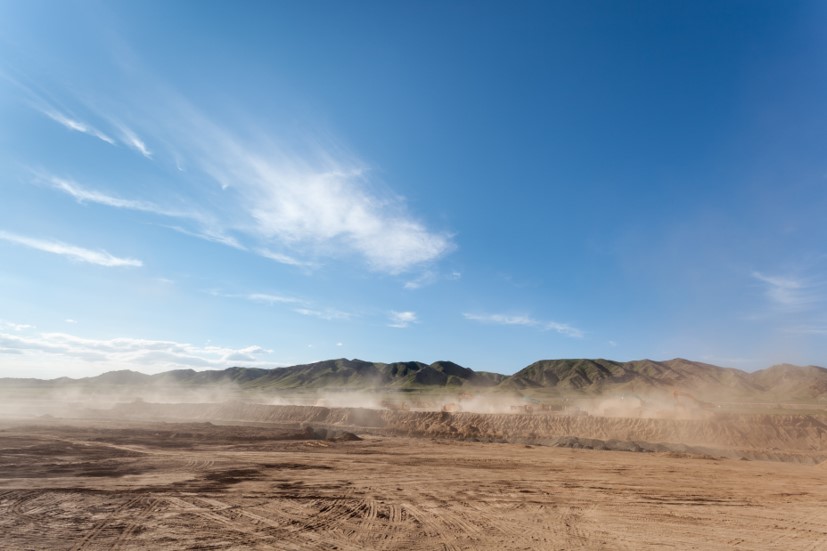
Dust can be generated by a wide variety of activities including demolition/construction, minerals extraction and waste management. These activities can cause a nuisance leading to complaints from the public to the local authority or regulator. Deposited dust can also have an effect on vegetation, while fine fraction of dust (PM10 and PM2.5) can have detrimental effects on human health dependent on exposure; these can be substantially influenced by the level and type of activity and weather conditions at a site. The following assessments and services are aimed to aid the planning and regulatory process:
- Dust Risk Assessments
- Dispersion Modelling Assessments
- Dust Monitoring
- Dust Management Plans (DMP)
- Construction Environmental Plans (CEMP)
- Emission Mitigation Strategies
Odour Assessment
Whether odour is generated by or received from a development site, it could lead to complaints. Our air quality team have considerable experience in successfully delivering projects related to issues associated with odour. Assessment types include:
- Odour Impact Assessments
- Odour Dispersion Modelling
- Field Odour Surveys
- Mitigation Measures and Abatement Systems Evaluation
- Odour Management Plans (OMP)
- Nuisance and Loss of Amenity Assessments
Emission Inventories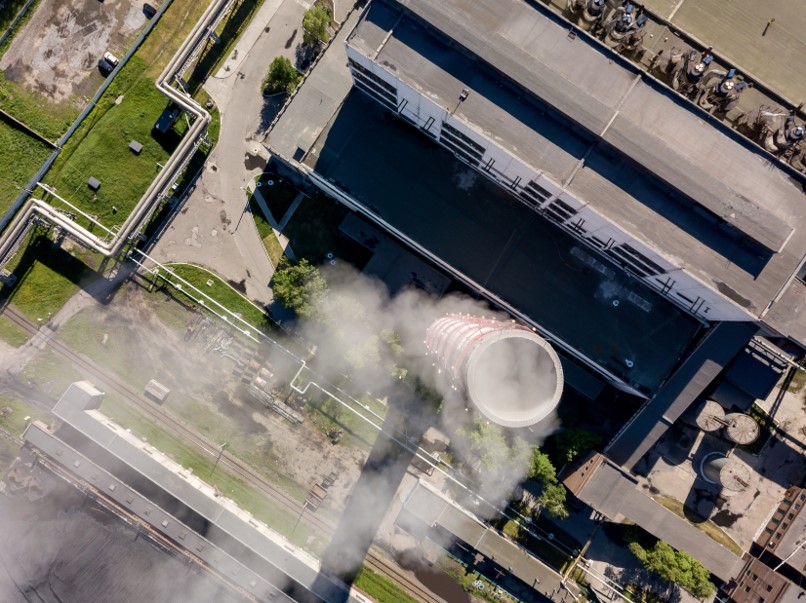
These databases list the total discharge of air pollutants into the atmosphere during a specified time period. Accurate emission inventories and correct emission estimates are fundamental to the air quality management process. Our experience in the field allows us to aid the development and reporting requirements associated with any industrial process or operation.
Environmental Permitting Application
For permits for installations, waste or mining operations, pollutant discharge or energy generation activities, our air quality consultants can aid the design of mitigation strategies to limit potential impacts to ensure compliance with regulatory obligations. Our team offers a wide range of services to support any permitting requirements from design to completion stage ensuring compliance with the relevant Regulations.
DMRB Screening Assessment
Involves the assessment of significant local air quality effects for public exposure and designated ecosystems. It also provides consideration of the EU Directive on Ambient Air, as well as, of National Air Quality Objectives and Air Quality Management Areas (AQMA).
Habitats Regulations Assessment (HRA)
The Regulations require competent authorities to consider or review planning permission, applied for or granted, affecting a 'European Site'. Utilising various assessment techniques and following best practice methodologies, Delta-Simons' dedicated air quality professionals can aid in identifying relevant aspects of a proposed development that could have the potential to cause a likely significant effect.
Air Quality Monitoring
Delta-Simons offer a range of air quality monitoring services. We look to integrate new technologies and monitoring techniques into our studies where they will assist our clients’ aims and deliver solutions.



